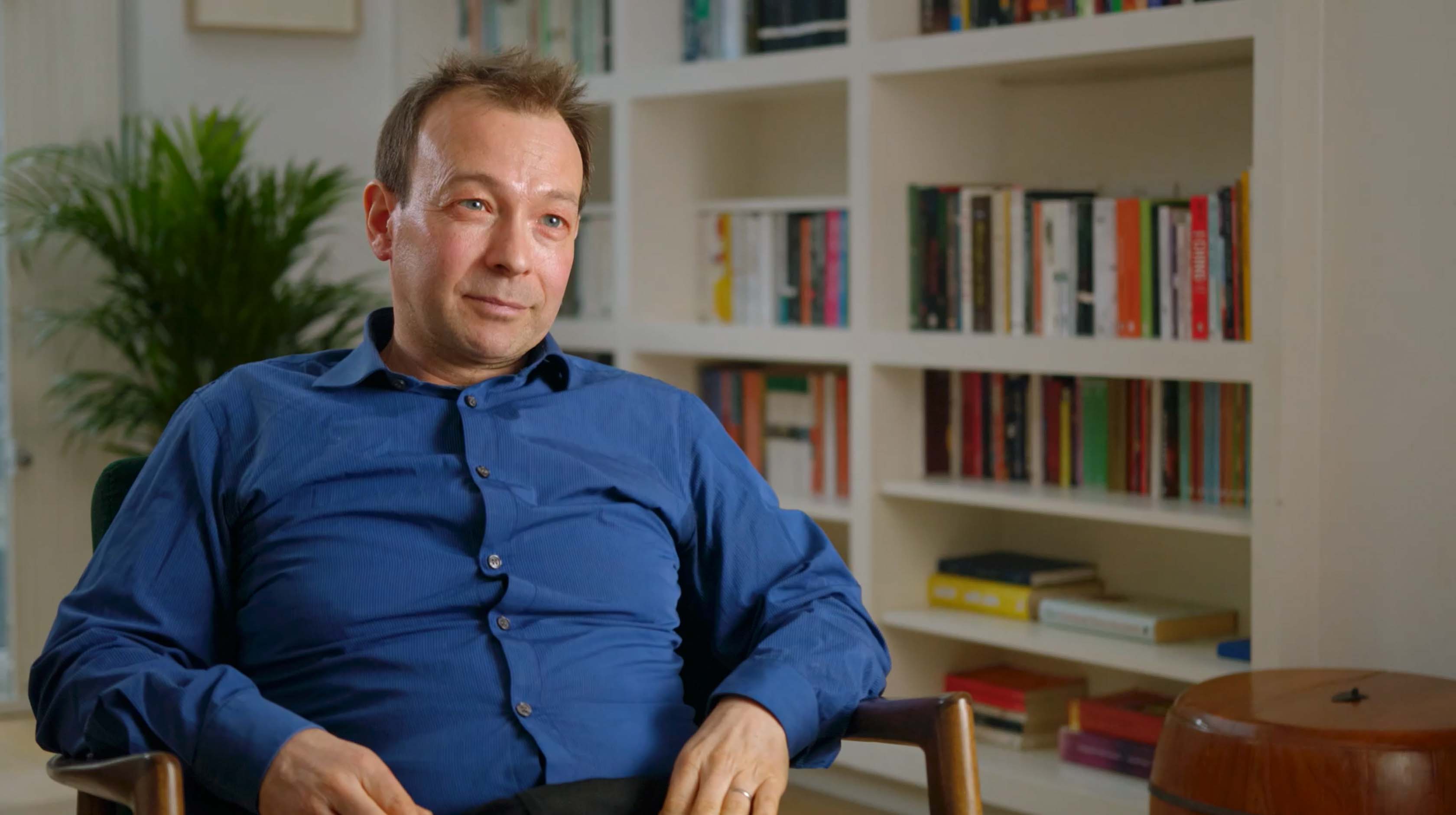
Paying Attention
Mindfulness Teacher and Author of Into The Heart of Mindfulness
inpractise.com/articles/mindfulness-attention
Why is this interview interesting?
- The difficulties that tend to arise in the practice of guided and unguided meditation
- The importance of guidance when training the skill of attention
Ed Halliwell
Mindfulness Teacher and Author of Into The Heart of Mindfulness
Interview Transcript
Precisely on that point, how does one go about that? How would one go about cultivating this approach?
This is a challenging skill. I very often hear, and I feel sad hearing it, is that people will say to me, I’m no good at mediation. I tried it and I can’t. Actually, what that often means is, I had a difficult experience. Perhaps they were trying to make their mind blank or trying to get to a place of calm and relaxation and it didn’t happen. Then that’s it; mindfulness is on the scrapheap. That’s rather sad, because it’s a bit like saying, I’m going to give up playing the piano after one lesson, because I haven’t managed Rachmaninov.
As with any trainable skill that’s rather difficult, it helps to have some guidance. I wouldn’t recommend that this is something we do without some form of assistance. That could come in a number of forms. There are many mindfulness apps and some of those are really helpful where you can hear a guided meditation; five to 10 minutes a day, to start to give yourself a little bit of space in each day, where you are guided through a mindfulness practice. That can be a really good way in. Even more skillfully, might be to find yourself a live teacher. If you imagine an app teaching you to play the piano, it might help a little bit and give you a good way in, but probably not the same as having a live teacher. You might want to seek out a mindfulness course and the gold standard mindfulness courses are the ones that usually last for eight weeks, two-hour sessions. Courses such as mindfulness-based stress reduction, mindfulness-based cognitive therapy are the two best known and best evidenced of those courses. You’re really encouraged to give yourself, fairly intensively, to mindfulness practice for a couple of months. As well as the weekly sessions, you’re asked to practice in between those sessions, on a daily basis, usually for about half an hour a day. That may seem like a lot but, as a say, it’s going a little deeper into the practice. But like most skills, if you spend more time and give more energy to them, you’ll probably get more deeper rewards, as well.
Those would be my two suggestions. First of all, some kind of guided meditation that you can find online, as a toe in, but taking care not to judge the experience too early. Then, if you really want to give yourself the chance to develop this skill – without wanting to sell it too hard, we’re talking about the skill of understanding our own experience. This mind and body that we take to every moment of our life, and the way in which it operates affects all of our relationships, all of our interactions and, therefore, I would suggest, is a skill that, if we want to take into working lives, our personal lives, maybe it’s worth some investment, because we take it everywhere.
Maybe it might seem like a lot, investing 25 hours in course, plus half an hour a day, over two months. I’m not going to say it might be the best investment you make, because I’m bound to say that, aren’t I? I’m a mindfulness teacher. But maybe it’s worth giving it a go and seeing whether what I’m suggesting is true for you or not.
Copyright Notice
This document may not be reproduced, distributed, or transmitted in any form or by any means including resale of any part, unauthorised distribution to a third party or other electronic methods, without the prior written permission of IP 1 Ltd.
IP 1 Ltd, trading as In Practise (herein referred to as "IP") is a company registered in England and Wales and is not a registered investment advisor or broker-dealer, and is not licensed nor qualified to provide investment advice.
In Practise reserves all copyright, intellectual and other property rights in the Content. The information published in this transcript (“Content”) is for information purposes only and should not be used as the sole basis for making any investment decision. Information provided by IP is to be used as an educational tool and nothing in this Content shall be construed as an offer, recommendation or solicitation regarding any financial product, service or management of investments or securities.
© 2026 IP 1 Ltd. All rights reserved.


